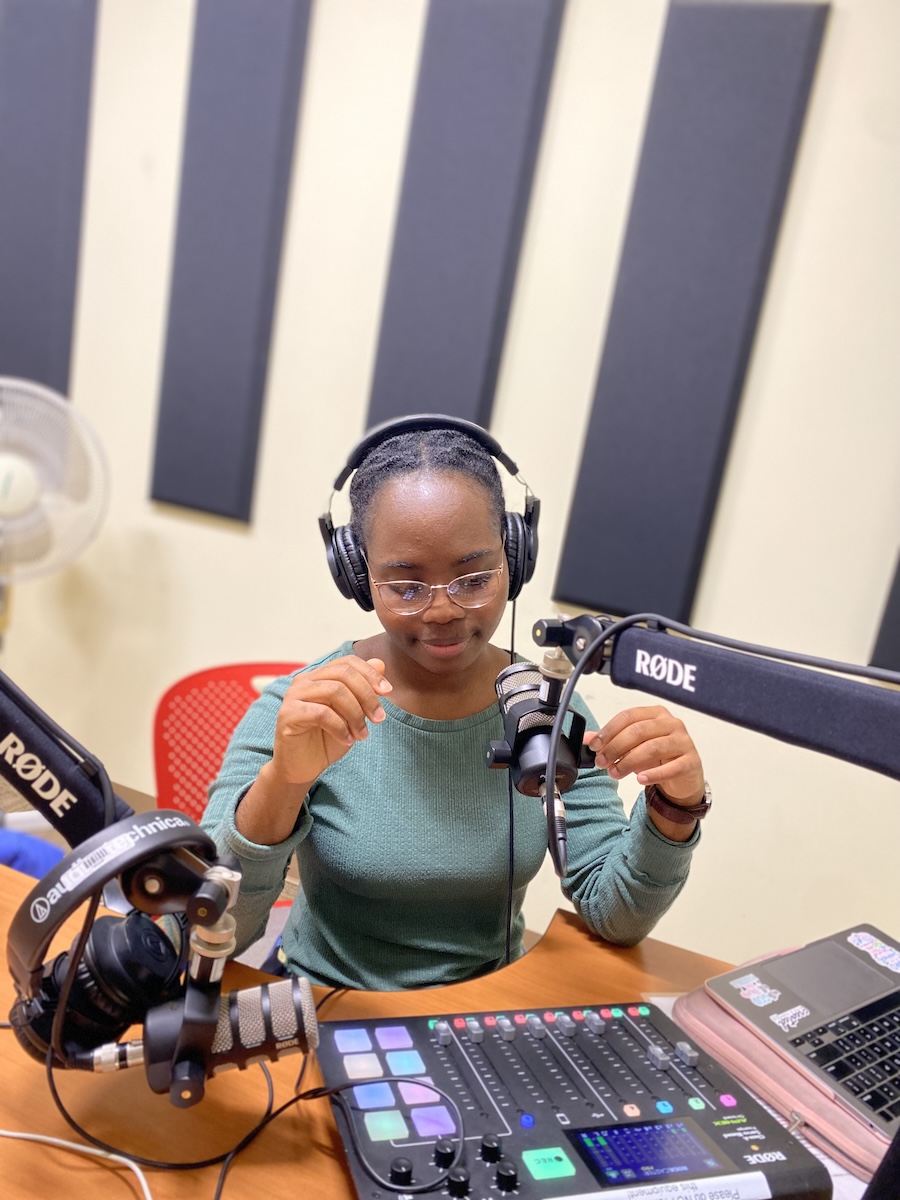A Conversation on Patriotism and Protest with Bowdoin Student Government
By Carly Berlin '18

On Thursday evening, students engaged these questions, and others, during a Bowdoin Student Government sponsored event, Defining Patriotism, Kneeling During the Anthem: A Community Conversation. BSG designated the discussion as an opportunity to “complicate, challenge, and ultimately understand each other’s perspective on patriotism” and to consider patriotism in relation to the movement of kneeling before the American flag during the national anthem, as popularized by NFL player Colin Kaepernick.
The event was the brainchild of Salim Salim ’20, BSG’s vice president for student affairs. Salim began the discussion by citing his personal stake in the matter as a naturalized Iraqi immigrant living in America. “I have a lot of questions,” Salim told the audience. Later asked about his motivations for planning this discussion, Salim said that the subject of patriotism is complicated for him. “I’m very torn about whether or not I am patriotic,” he said. This community discussion was, in part, he said an effort to wrestle with these questions with the student body.
The conversation moved in several directions. One student defined patriotism as a love of country while accepting the country’s flaws. Another student proposed that patriotism means advocating for those whom
Students agreed that patriotism necessitates an effort to make the country the best it can be.
Disagreements arose, though, on how to do so. Is Colin Kaepernick’s protest patriotism, or
At the end of the discussion, Salim said he hoped that ideas that were shared “were able to impact or challenge someone else’s perspective. They definitely challenged mine.”



